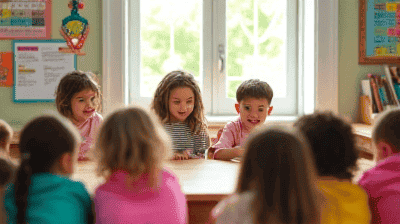
Preparing for College: Essential Skills Every High School Student Should Develop
As high school students approach graduation, the anticipation of college looms large on the horizon. The transition from high school to college is a significant step that can be filled with both excitement and anxiety. To thrive in the collegiate environment, students must equip themselves with a diverse set of skills beyond just academic knowledge. This article will explore essential skills that every high school student should develop to prepare for college successfully. By honing these skills, students c





















































